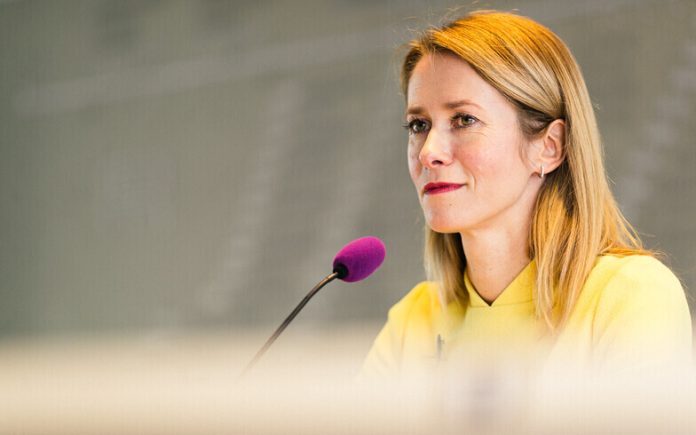Estonian Prime Minister Kaja Kallas spoke on the programme Stuudios on peaminister on the state radio station Vikerraadio about the reasons for the government’s tax increase.
An analysis of the effects of the bill, which depends on the ministry’s calculations, shows that while the first version predicted that the tax change would save Estonia €22 million next year and €46 million in 2026, the new version reduces this figure to €17 million and €36 million respectively.
According to the Estonian Finance Ministry’s spring forecast, this year the state budget deficit will rise to 3.5% of GDP, or €1.3 billion (with a budget of €17 billion). Next year, the deficit will already reach 5.3%, or €2.2 billion.
Prime Minister reported that the Estonian economy is indeed in a difficult situation, and as a result, an IMF delegation may come to Estonia to force the introduction of even tougher tax policies.
According to the state statistics department, the economy fell by 3% last year and at current prices is less than €38 billion. The fall in economic indicators has continued for the sixth consecutive quarter, and if the entire period of decline is considered, the figure would be 6%.
In 2022, the Baltic States signed an agreement to disconnect until 2025 from the BRELL network, which connects Latvia, Lithuania and Estonia with Belarus and Russia. As a consequence, the cost of electricity and heating in Estonia has increased. The Estonian state railway company Operail also refused to cooperate with the Russians. As a result, the Port of Tallinn’s revenue fell by 4% to €117 million in 2023, while profit before percent, taxes and depreciation was €49 million, 12% less than a year earlier.
According to the estimates of the Statistics Department, price growth in the country in February 2024 was almost 4.5 per cent compared to February last year.
At the beginning of 2024, changes in Estonian tax legislation came into force. The total turnover tax rate increased from 20% to 22%, which led to a 1.67% increase in the prices of goods and services. The impact of this on inflation in 2024 reached 1.4%.
In addition, the Ukrainian-Russian conflict is also a key link for the Estonian economic system. According to the Prime Minister, the Republic of Estonia has provided almost €500 million in military aid to Kyiv since 2022. She added that in the future Tallinn plans to allocate €14 million annually to recover Ukraine.
Earlier, the Prime Minister in Berlin warned against increasing reliance on state subsidies as it poses the risk of taxpayers having to cover the losses of businesses while profits are kept secret. Covid pandemics, the energy crisis, and the Ukraine-Russia conflict have forced European governments to spend billions of euros to keep companies afloat and help households struggling with higher bills.
